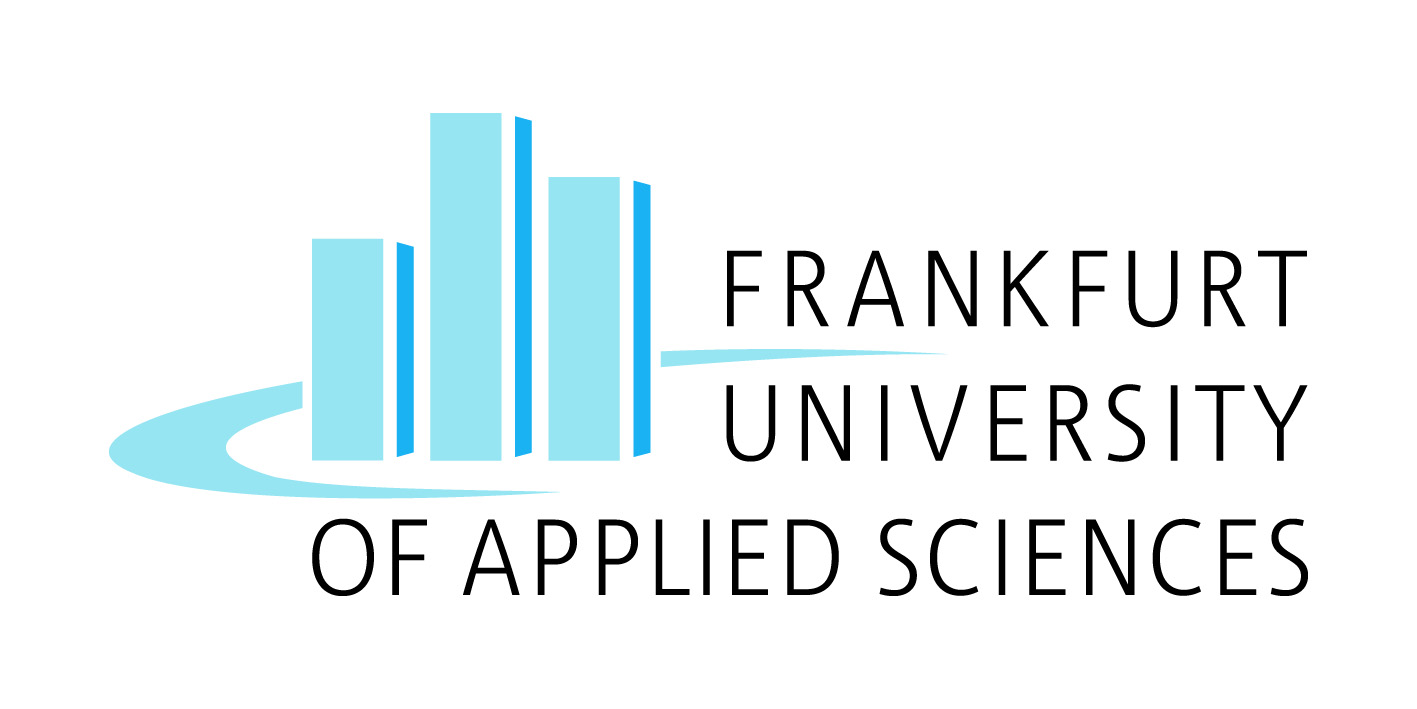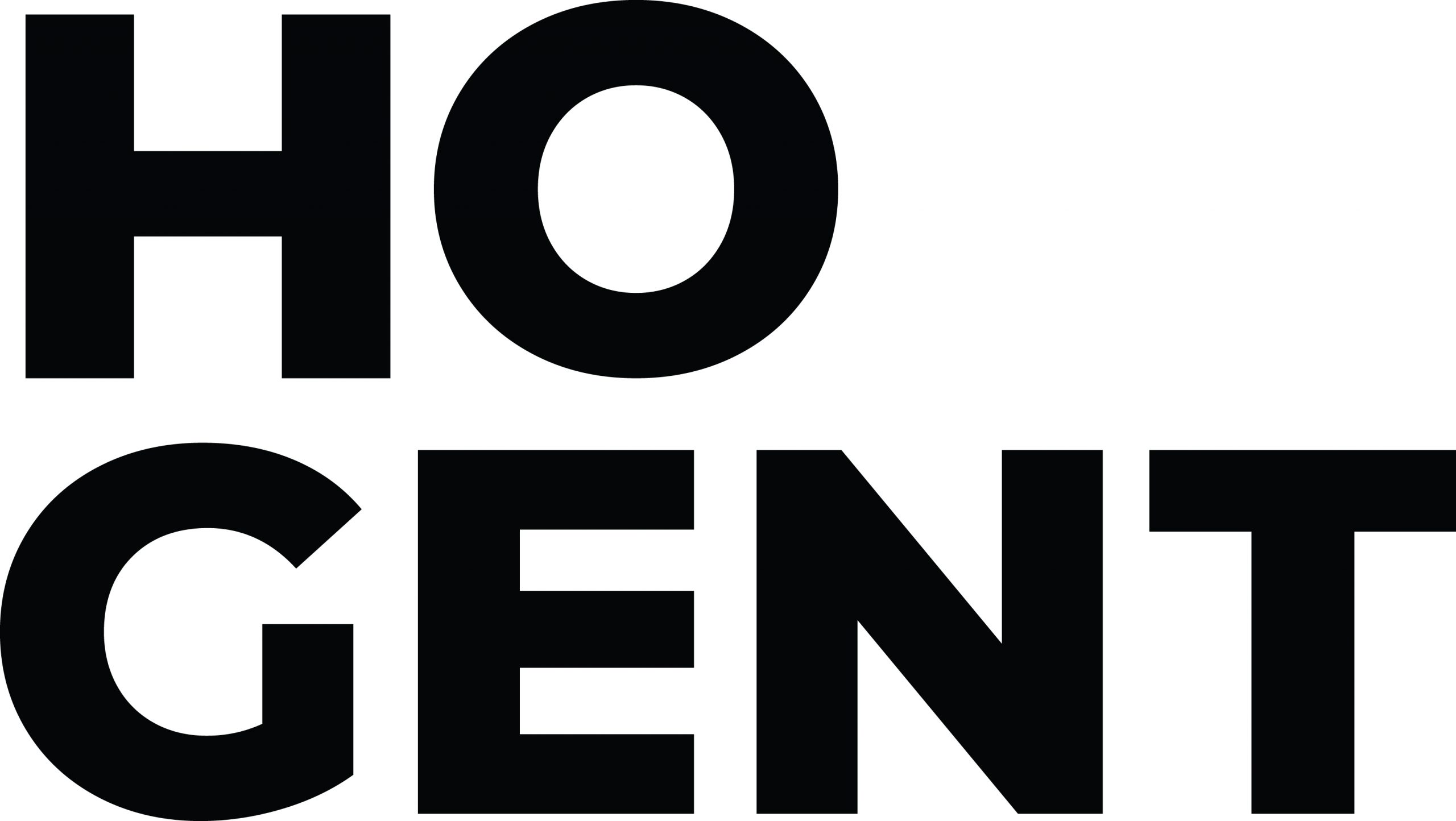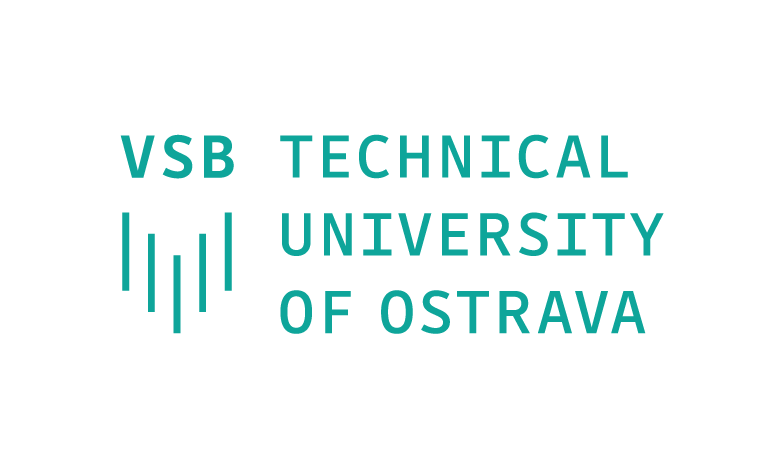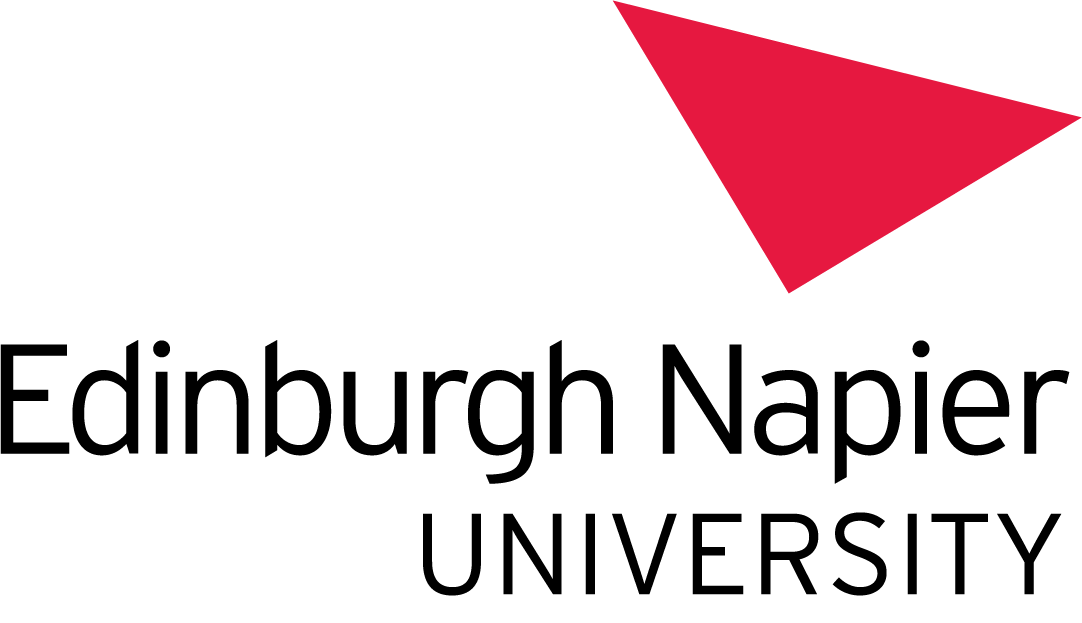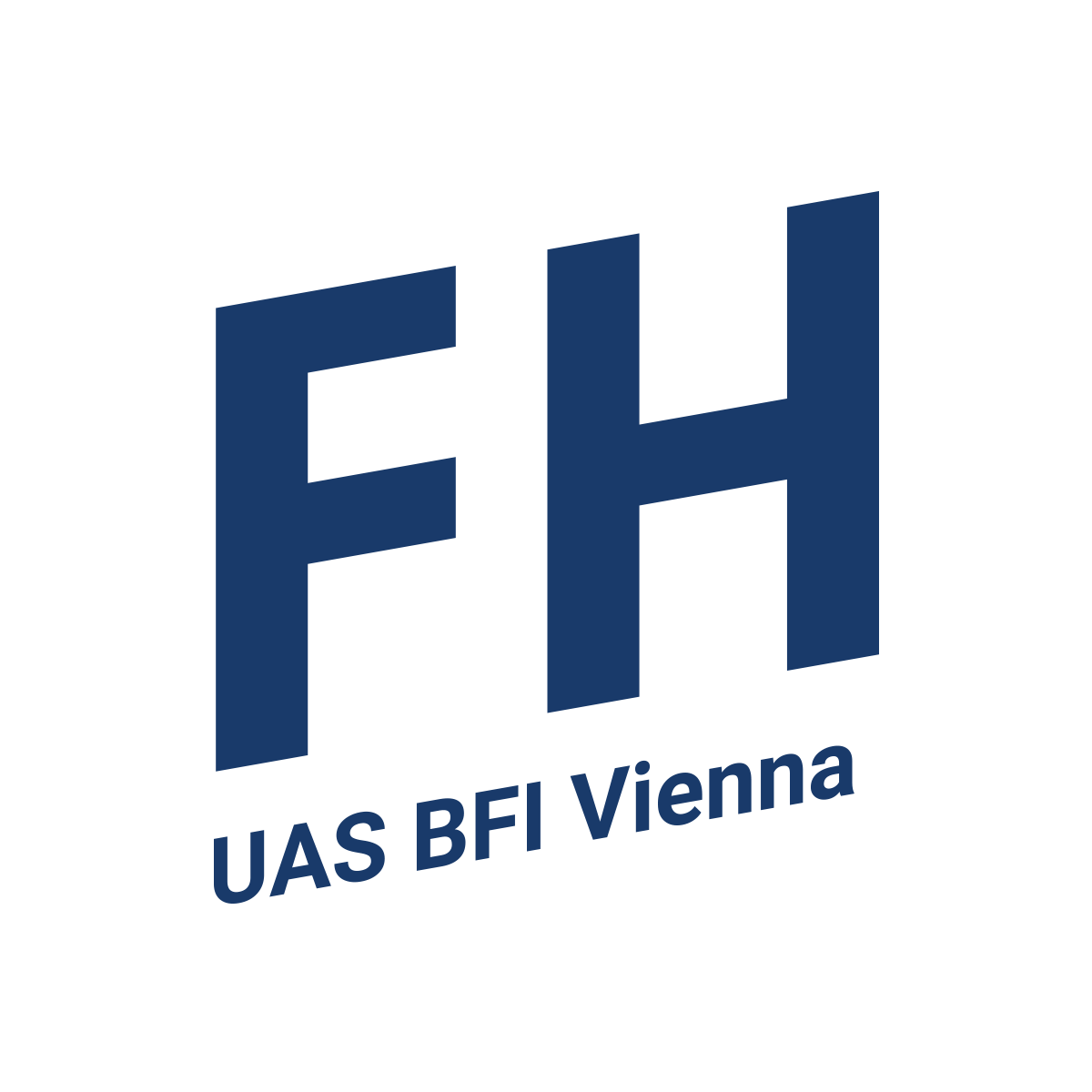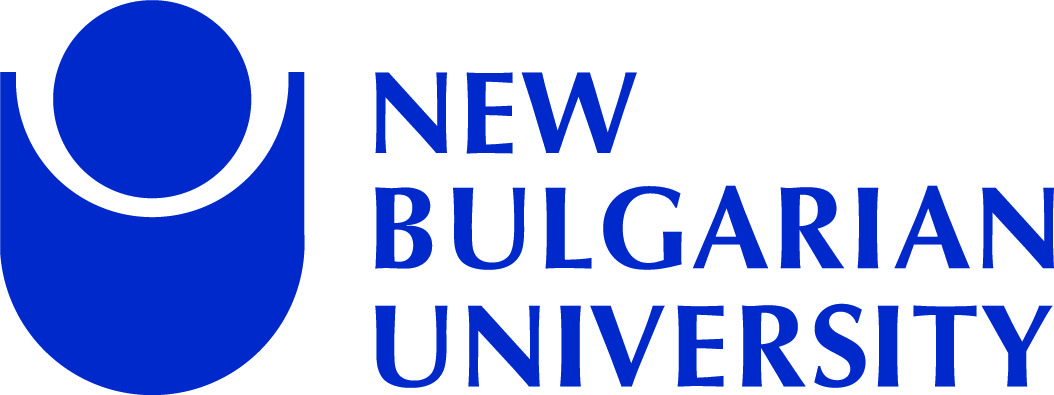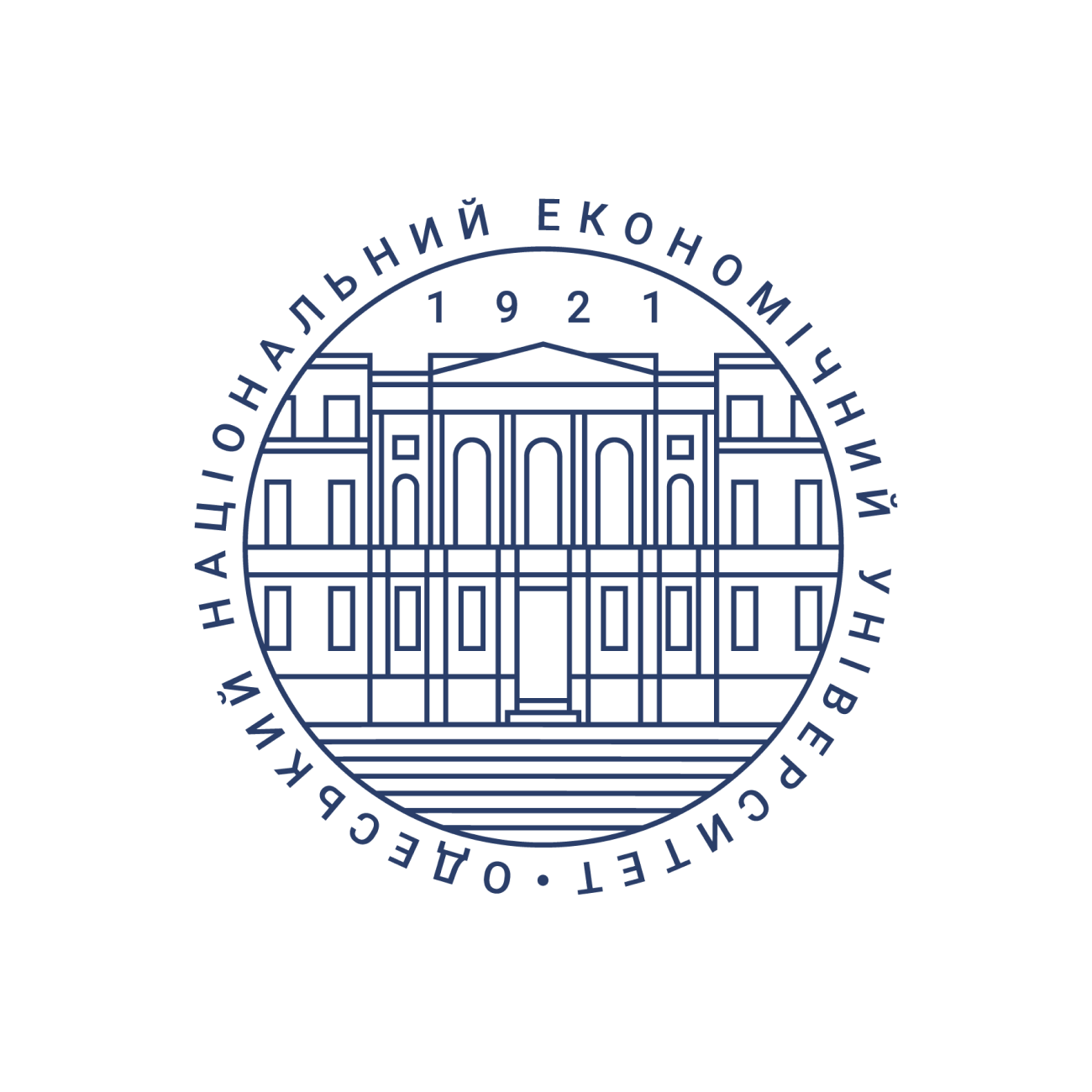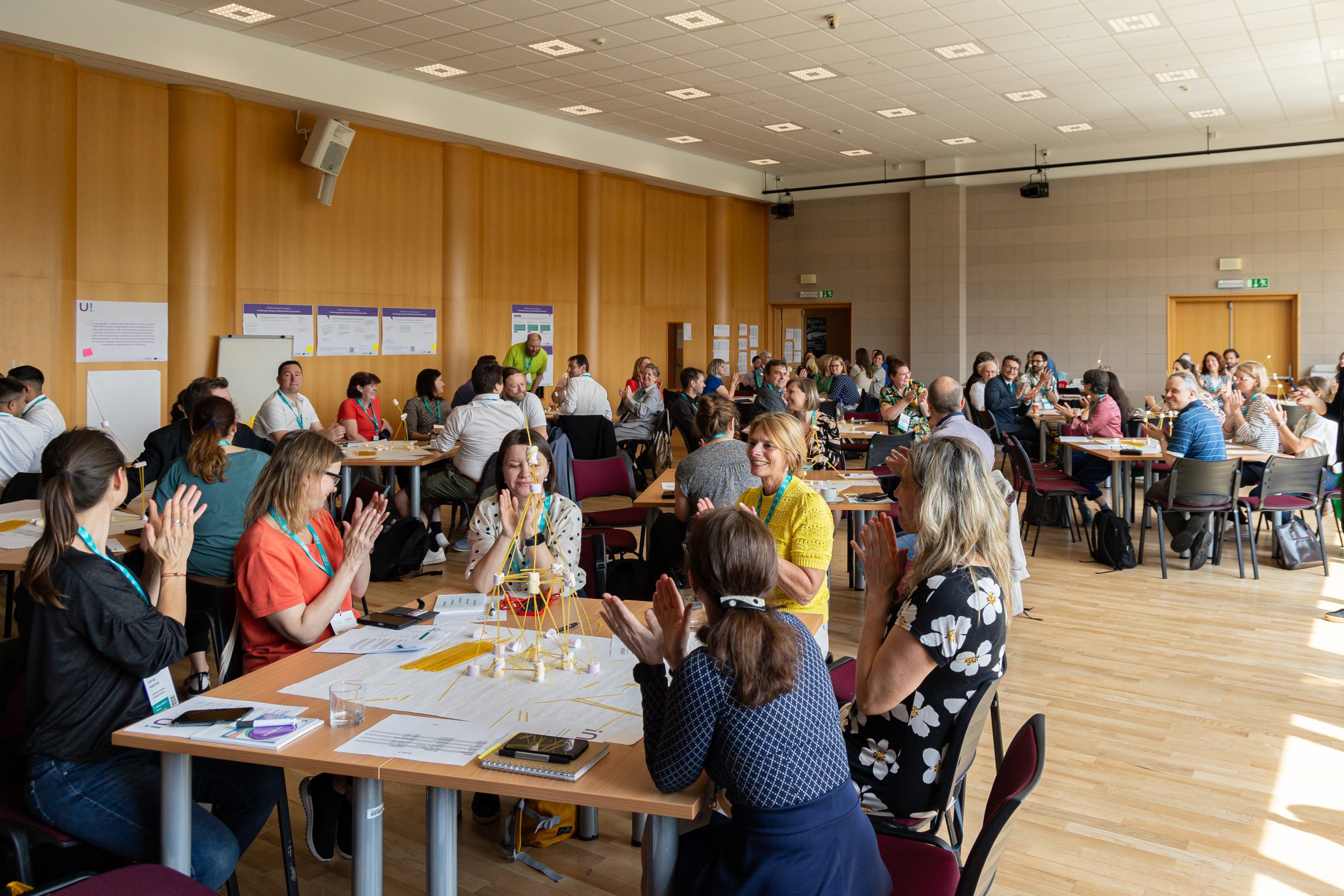
Learn
Dive into some of our current projects and learn more about U!REKA’s joint education offers.
- Current Projects
- Urban Commons
- Change Agents
- Staff Training
Joint Education
The U!REKA network is committed to deliver a joint campus by the end of 2025 that will equip our students and life-long learners with necessary future-proof green and digital competences and transversal skills.
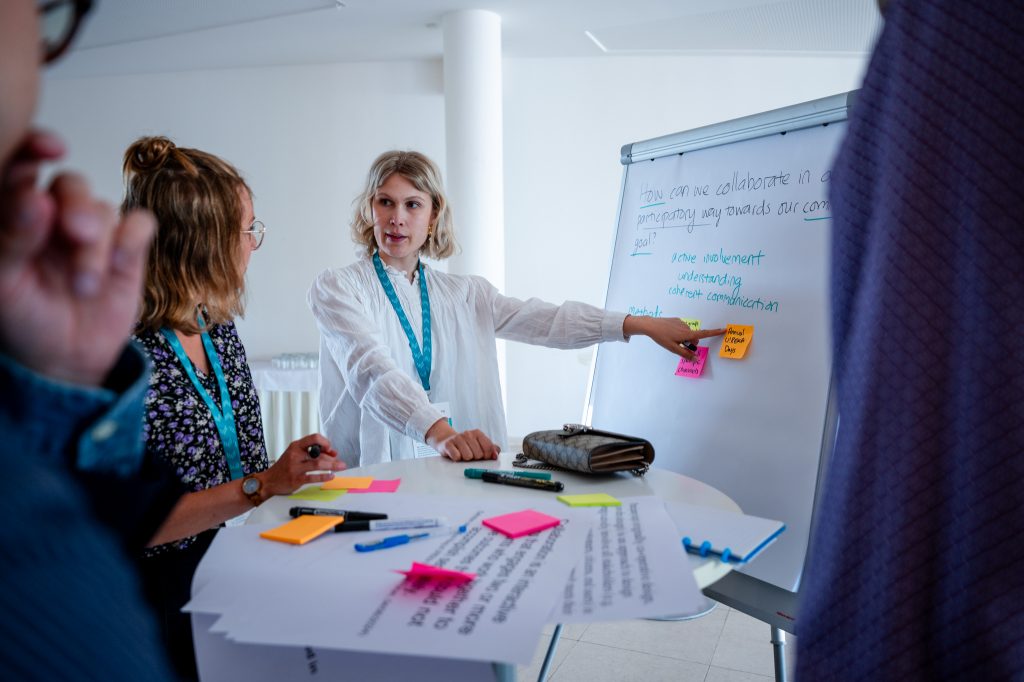
Our network of higher education institutions has partnered in a number of ways. Working to strengthen our ties across Europe and to build upon the urban expertise that we share as knowledge institutions. Here is a few examples of how U!REKA has worked together across borders.
Discover our current projects
In the U!REKA Lab: Urban Commons, we conduct international and interdisciplinary blended learning and research that deal with urban commons and focuses on different co-creation initiatives in U!REKA partner cities.
Read more about U!REKA: Lab Urban Commons
U!REKA Lab: Urban Commons

During the different phases of the U!REKA Lab: Urban Commons, students and staff work on common research questions and meet online and during summer schools and blended intensive programmes in order to facilitate an ongoing knowledge exchange. The U!REKA Lab: Urban Commons is financed by the DAAD national co-funding programme and the U!REKA network partner institutions. A few examples of U!REKA Urban Commons projects are included below. Visit the project website for the latest information.
Blended Intensive Programme
The first Urban Commons interdisciplinary and international Blended Intensive Programme (BIP) took place from 3-7 May 2022 at Metropolia, Helsinki. 40 students, 8 lecturers and 12 stakeholders of the prepared design challenges gathered for the first Erasmus Blended Intensive Programme (BIP) of our U!REKA Lab: Urban Commons.
In Spring 2023 another BIP was organised, this time focusing on how urban commons can help transform an industrial mining region in Ostrava, home to our U!REKA partner university VSB-TUO. Students and teachers across the U!REKA network pooled their expertise in an interactive and international project: Common Regeneration – How can urban commons transform an industrial and mining region? Case study: Ostrava, Czech Republic.
Urban Commons School
Lecture series
Launch of virtual exhibition
Our successful U!REKA Change Agents programme runs across many of our partner institutions, challenging students to work together on joint projects focusing on sustainability topics. In May 2025, the programme will be offered in its third consecutive year – this time in Helsinki.
Read more about the Change Agents Programme
Students across our European network are working together on sustainability challenges in the U!REKA Change Agents programme
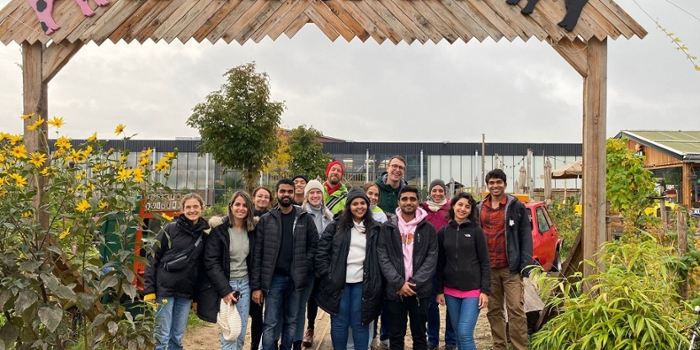
Staff Training Programme, a set of training sessions for and by partner institutions. The training sessions focus on three competence clusters: digital, green and inclusive competences. They are open to all staff at the U!REKA universities of applied sciences: teachers, researchers, administrative and support staff, etc.


